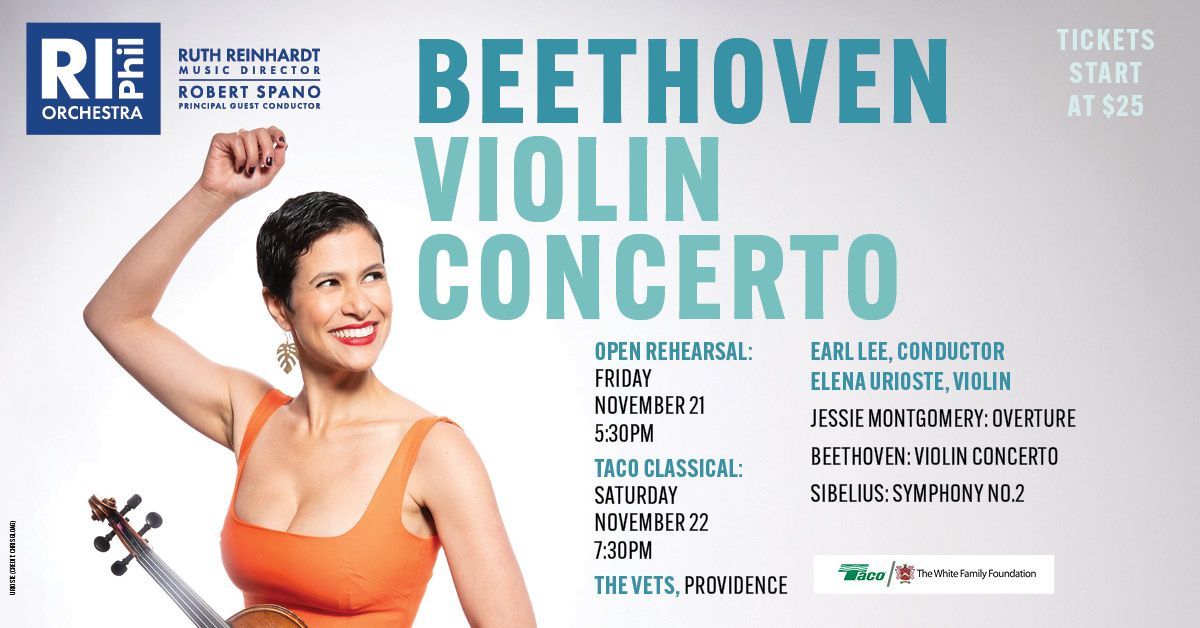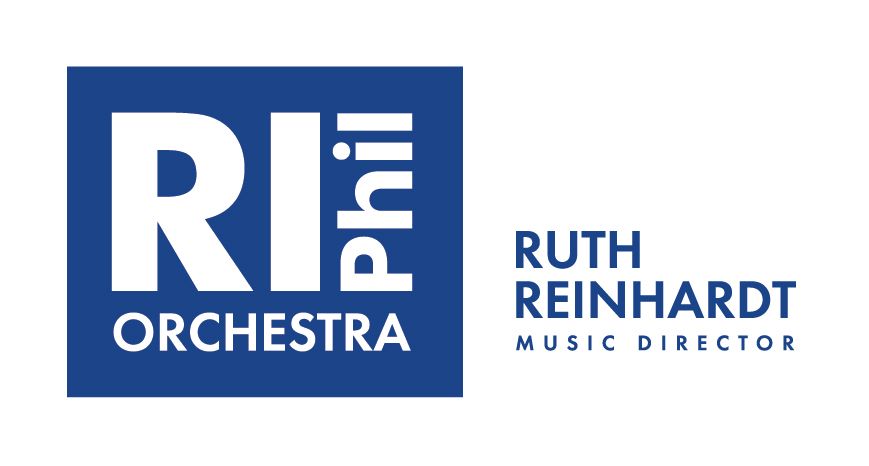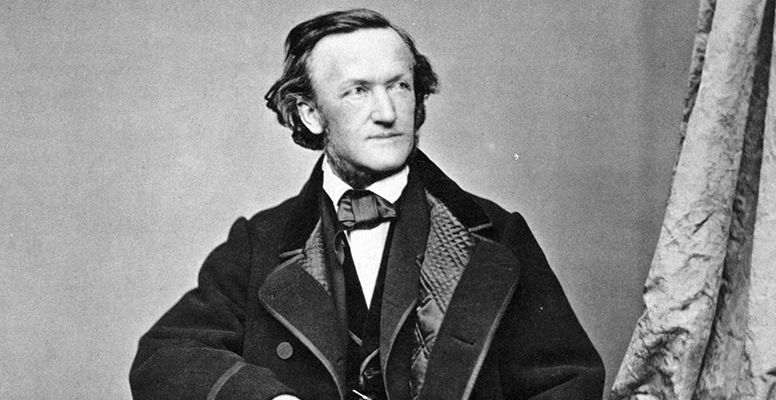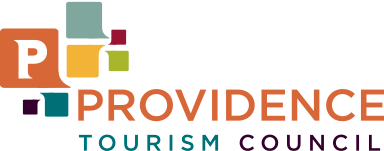THE STORY BEHIND: Beethoven's Violin Concerto
Share
On November 22, conductor Earl Lee and the Rhode Island Philharmonic Orchestra will present BEETHOVEN VIOLIN CONCERTO with violinist Elena Urioste.
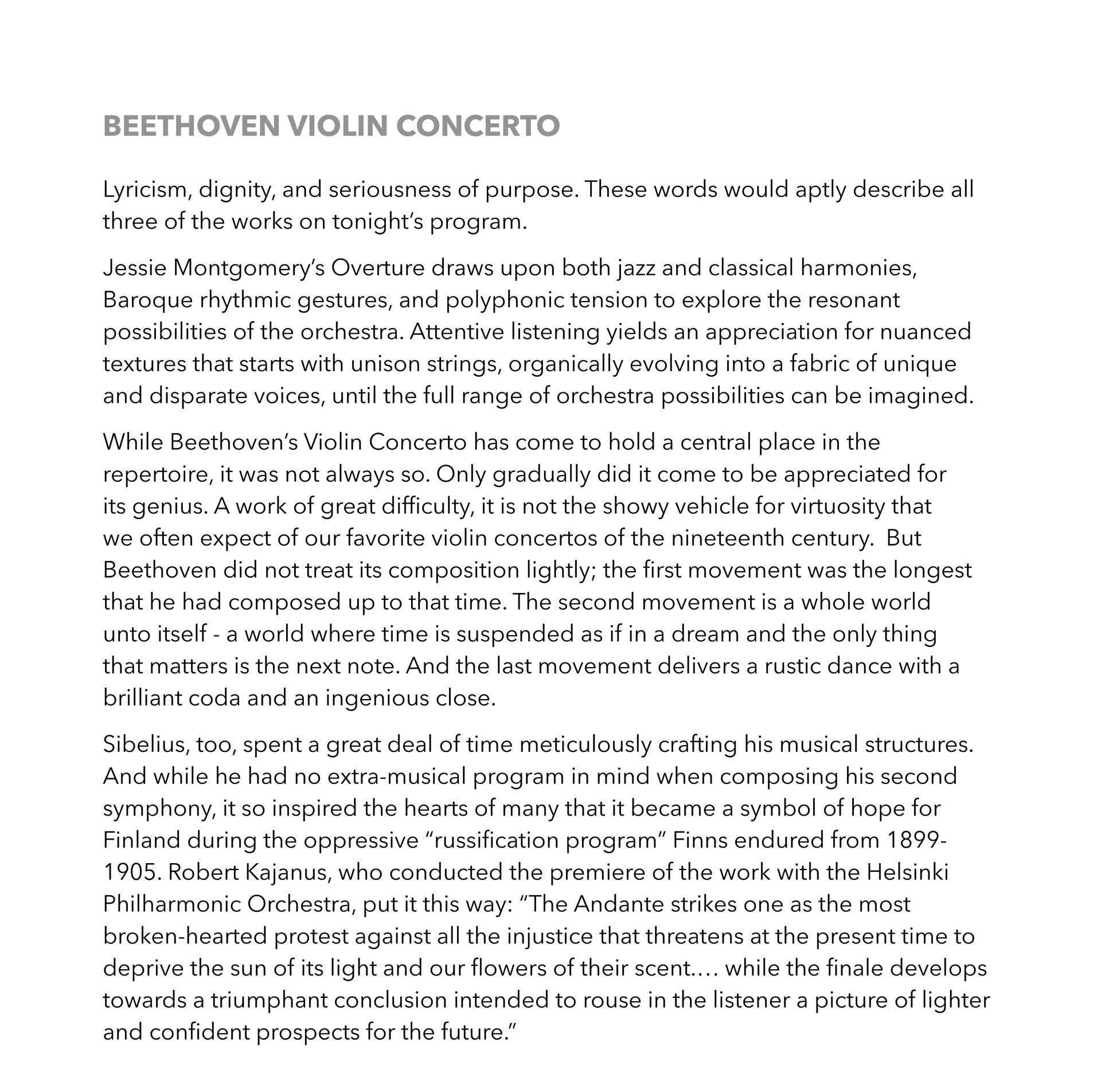
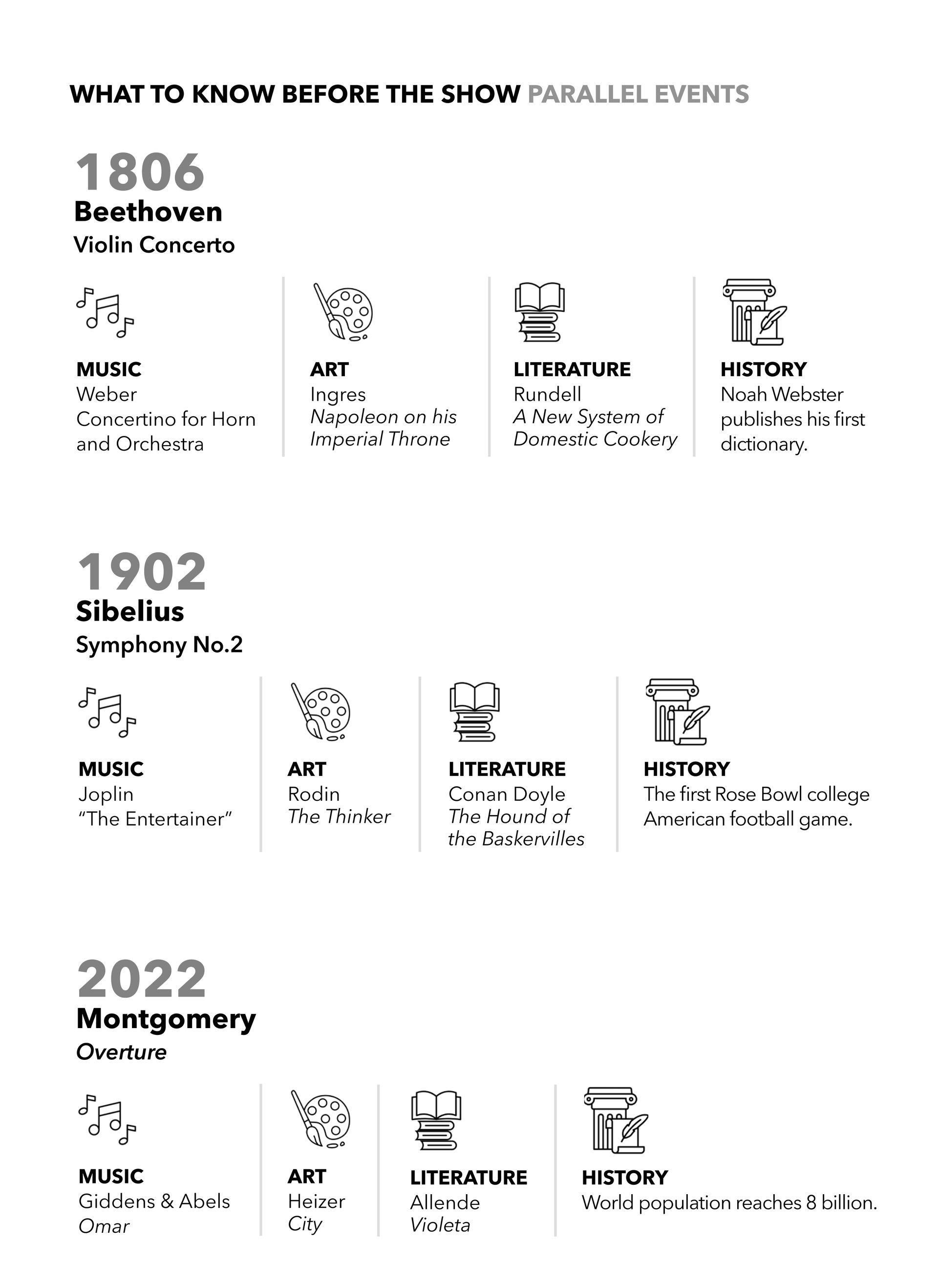
Title: Violin Concerto in D major, op.61
Composer: Ludwig van Beethoven (1770-1824)
Last time performed by the Rhode Island Philharmonic:
Last performed March 16, 2019 with Francisco Noya conducting and soloist Jennifer Frautschi. In addition to a solo violin, this piece is scored for flute, two oboes, two clarinets, two bassoons, two horns, two trumpets, timpani and strings.
The Story: The years leading up to 1806 had not been good to Beethoven. He grappled with one challenge after another, each seriously affecting his creative life. But 1806 saw a new period of inspiration and productivity for the composer. Significant works - now central to his legacy - stemmed from his sense of renewal that year: the “Rasumovsky” quartets, the “Appassionata” piano sonata, the Fourth Symphony, and the Violin Concerto.
The concerto was written for Franz Clement, a prominent young violinist for whom Beethoven had great respect. Regardless (and true to form), Beethoven was so late in delivering the score to Clement, that the soloist practically sight-read the première performance. Ever the showman, Clement apparently further entertained the audience between movements by playing some impromptu variations - with his fiddle held upside down!
Yet despite these inauspicious beginnings, Beethoven’s Violin Concerto has come to be one of the most beloved examples of the form – by both performers and audiences alike. The first movement - longer than any other he had composed to date - begins curiously with five little taps in the timpani. Like the four notes that ring throughout Beethoven’s Fifth Symphony, this rhythm becomes the connective tissue of the entire concerto. The winds then offer us both the playful main theme in rich, full harmony, and (after some rising scales in the strings) a more dramatic second theme. At this point, the solo violin finally takes up the mantel and enters with a brief flourish, followed by an exploration of both ideas with a kaleidoscopic palette of figurations. A now-familiar tapping of the timpani signals the start of a grand recapitulation, which in turn sets us up for the much-anticipated cadenza. Always a moment of excitement (as audiences rarely know what the soloist will play on any given night), cadenzas provide us with a chance to hear what the soloist - unfiltered and unbound – can do with the material Beethoven has given her. After this display of virtuosity, the soloist will eventually settle back into a recognizable version of the second theme, finally closing the movement with lyricism and dignity.
In the second movement, Beethoven draws on his mastery of orchestral textures and timbres to make a straightforward theme and variations structure shimmer with ever-changing colors. In the process, the soloist waxes poetically above the fray, savoring the unique beaty of the violin’s upper register, until a short cadenza leads us straight into the third movement.
The concerto’s finale features a decidedly cheerful and danceable refrain with aspects of a rustic, hunting party (listen for the rousingly scored horns). It is a pastoral celebration firmly rooted in the earth, bursting with arpeggios, double stops, rapid-fire scale runs, and even a few plucked notes – a delightful and satisfying contrast to the more ethereal preceding movements.
Program Notes by Jamie Allen © 2025 ALL RIGHTS RESERVED.
Recommended Recordings:
There are many recordings of Beethoven's Violin Concerto, and almost as many different approaches. Jascha Heifetz with the Boston Symphony and Charles Munch (1959 on RCA) is coiled and strict. Nigel Kennedy's fascinating recording with Klaus Tennstedt (1992 on Warner) is the anthesis, free and wild. Frank Peter Zimmerman's recording is lyrical and poetic. For a historical perspective, Yehudi Menuhin's version with Wilhelm Furtwängler from 1953 (Warner) towers above most others. Also of interest are recordings by Daniel Barenboim (DG) and Peter Serkin (RCA) of Beethoven's fascinating transcription of the concerto for piano.
Tickets start at $25! Click HERE or call 401-248-7000 to purchase today!

